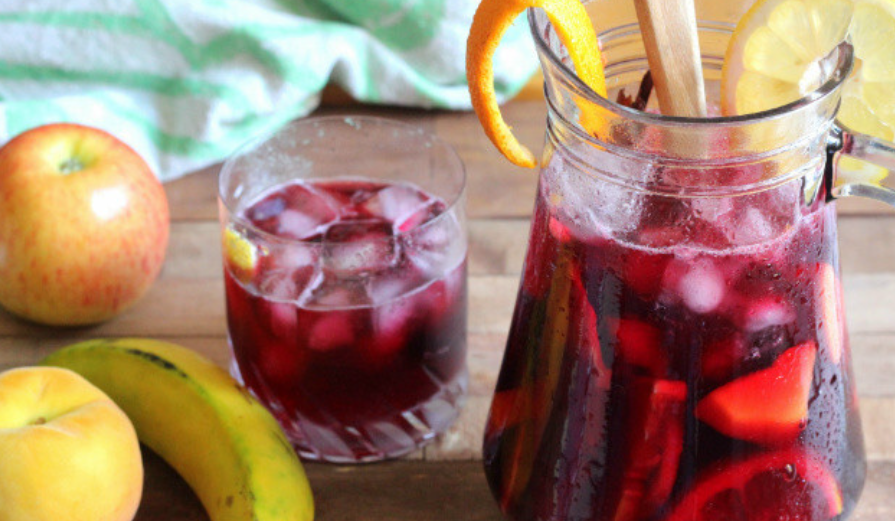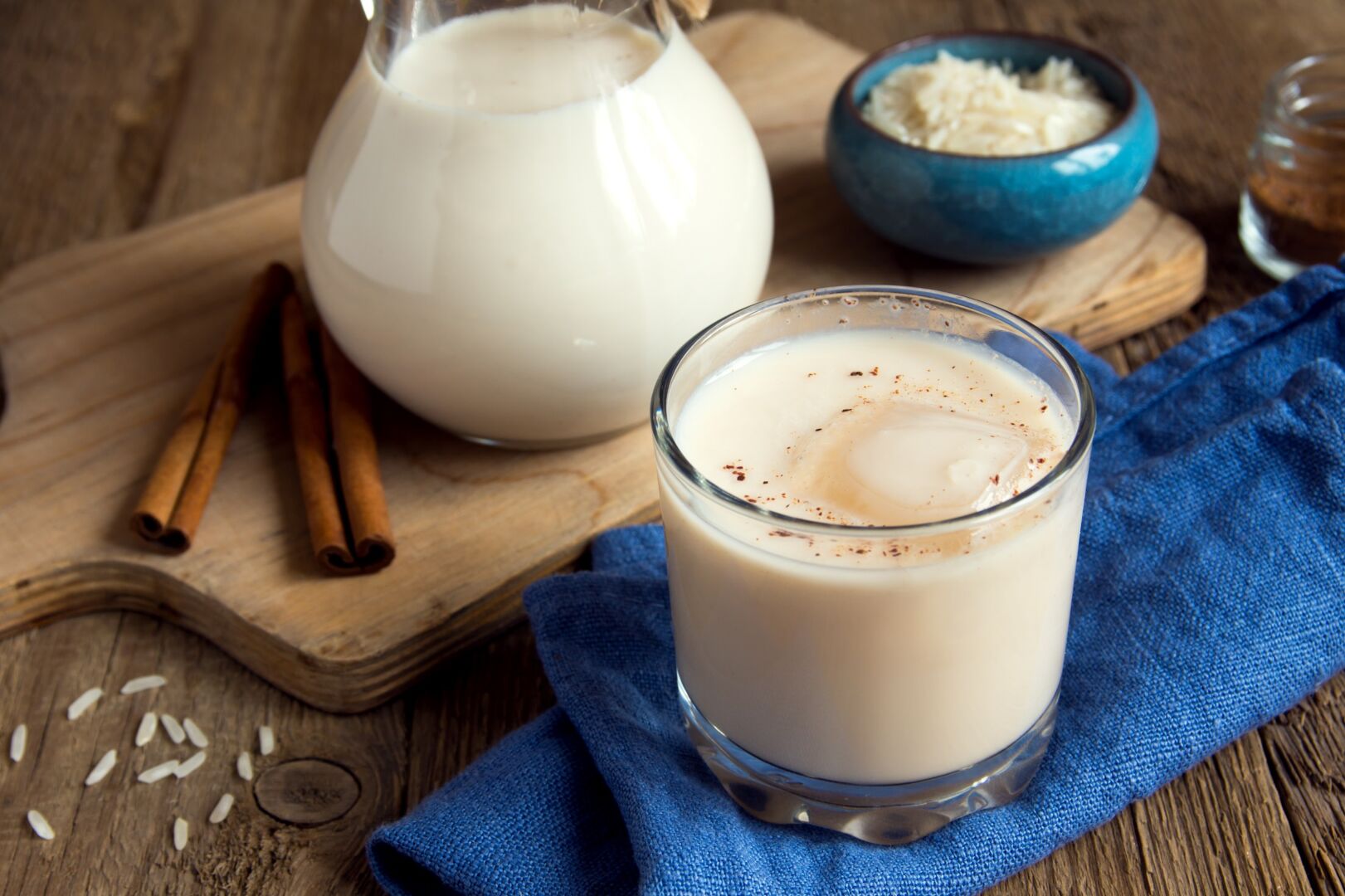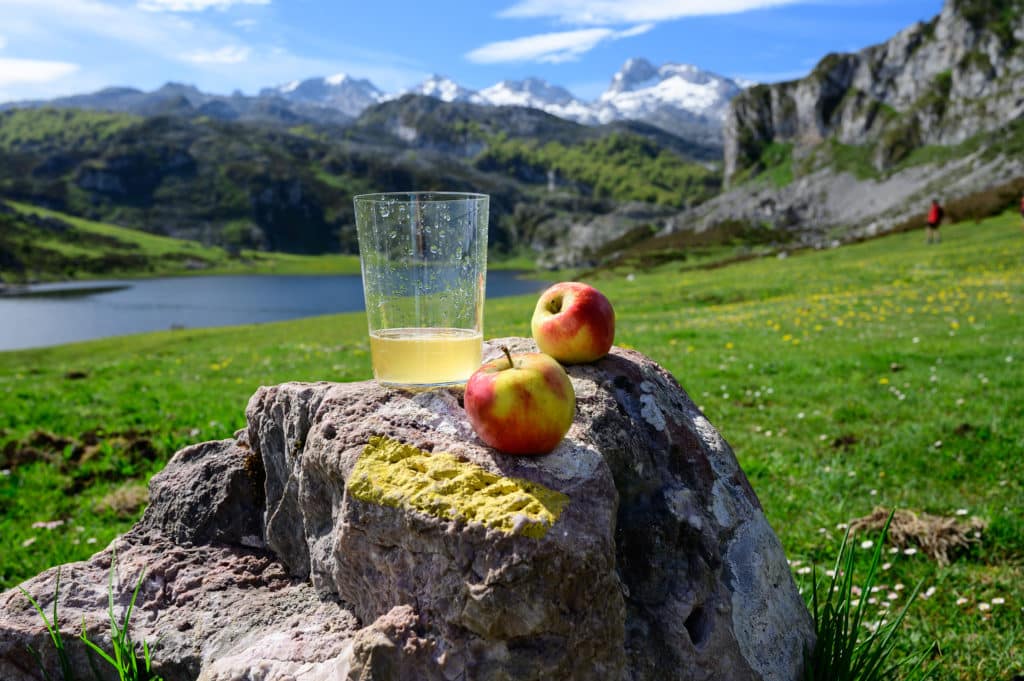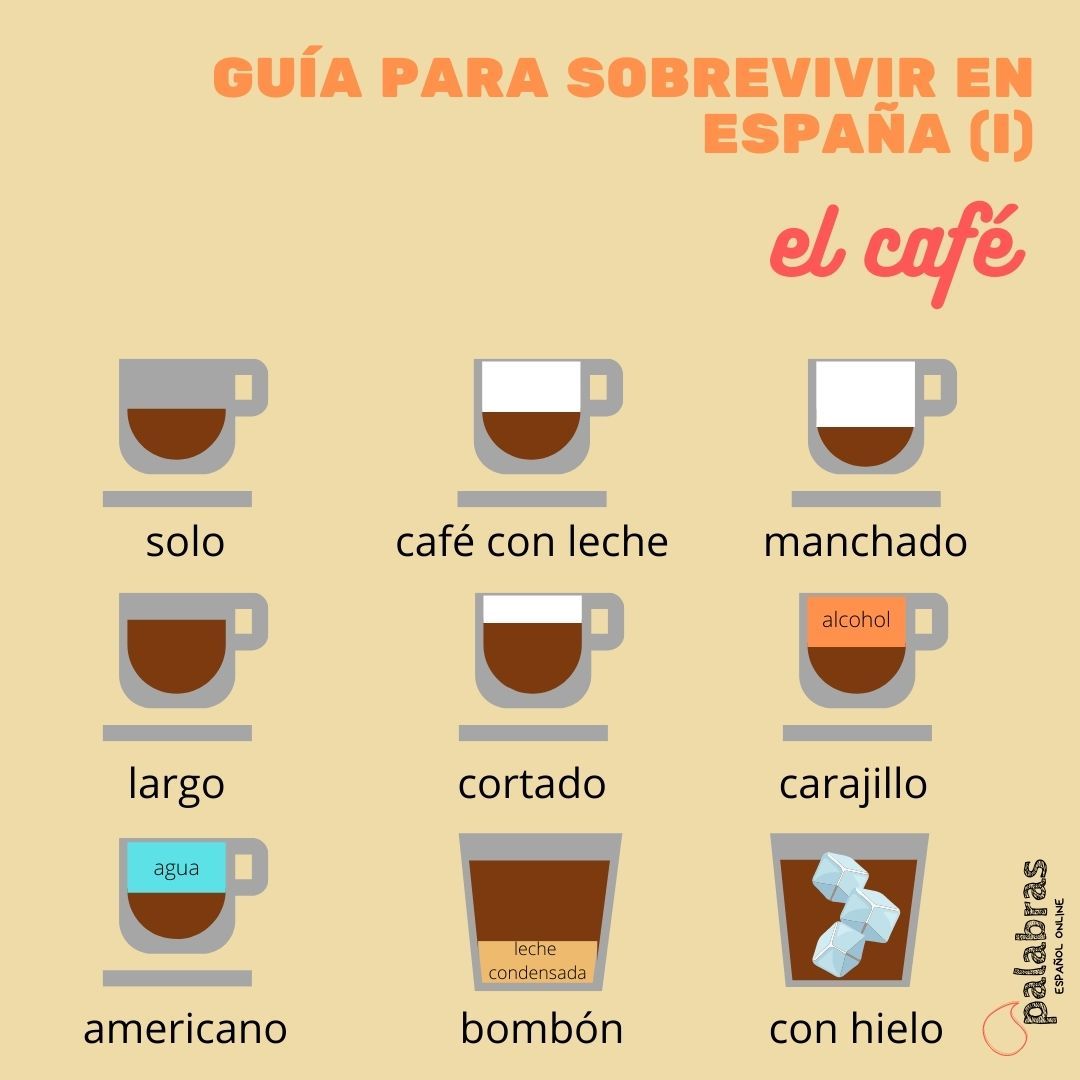Spain, a country renowned for its vibrant culture, exquisite gastronomy, and rich history, offers a plethora of traditional drinks that encapsulate the essence of its regions. These beverages, steeped in tradition, are not just about quenching thirst but are an integral part of the Spanish way of life. They tell stories of ancient civilisations, agricultural practices, and communal celebrations. From the sunny vineyards of Rioja to the bustling streets of the 'Feria', each drink carries the flavour of its heritage, making it a vital component of the Spanish culinary landscape.
Sangria: A Testament to Spanish Celebrations

Perhaps no other drink screams Spanish festivity quite like sangria. Originating from the Roman period, when water was often unsafe to drink and wine became a safer alternative, sangria has evolved over the centuries. The Romans would mix their wine with water, herbs, and spices, leading to the creation of various wine-based concoctions throughout the regions they conquered. In Spain, this tradition took on a local flair with the addition of native fruits and a bit of sugar to sweeten the deal. The result is a refreshing, fruity beverage that perfectly complements Spain's spicy tapas and sunny afternoons.
Horchata: A Sip of Valencian Tradition

Horchata de chufa, often simply referred to as horchata in Spain, is a sweet, milky drink made from tiger nuts, water, and sugar. Its history is as rich as its flavour, tracing back to North Africa where the Moors introduced chufa (tiger nut) to the Valencia region. The Valencian horchata is a testament to agricultural innovation and cultural exchange, embodying the essence of the Mediterranean diet. Light and refreshing, with a distinct earthy sweetness, horchata is often paired with fartons, elongated, glazed buns, making for a perfect mid-afternoon treat in the balmy Spanish climate.
Sherry: The Pride of Andalusia

Sherry, or 'jerez' in Spanish, is a fortified wine from the Andalusian region of Jerez de la Frontera. Its production is a meticulous process, aged through a system known as 'solera', blending younger wines with older ones for a uniform quality. The origins of sherry date back over 3,000 years, with the Phoenicians introducing winemaking to the region. However, it was not until the Moors conquered Spain, and the subsequent Reconquista by the Christians, that sherry began to gain international fame. With a spectrum ranging from dry to sweet, sherry pairs splendidly with a variety of Spanish dishes, from the salty tang of manchego cheese to the succulent flavours of jamón ibérico.
Sidra: The Echo of Asturias

In the lush, verdant regions of Asturias and the Basque Country, sidra (cider) holds a place of honour. Made from fermented apple juice, this traditional beverage encapsulates the spirit of the northwestern apple orchards. The production of sidra dates back to pre-Roman times, with each locality boasting its variants. The traditional Asturian pouring method, known as 'escanciar', involves pouring the sidra from above the head into a glass held at knee level, aerating the cider and enhancing its flavour. Sidra is typically accompanied by hearty Asturian cuisine, such as fabada asturiana, a rich bean stew that balances the sidra's tartness.
Rebujito: A Refreshing Andalusian Mix

A newer addition to the tapestry of Spanish drinks, the rebujito has quickly cemented its place as a staple of Andalusian fairgrounds. A mix of fino sherry or 'manzanilla' and Sprite or lemonade, served over ice with some spearmint, the rebujito is refreshing and light, making it ideal for the hot Andalusian days. Originating from the Feria de Sevilla, the rebujito offers a modern twist on traditional sherry, pairing well with light tapas and seafood, offering a palate-cleansing effervescence.
Coffee Culture: More Than Just a Morning Brew

Spanish coffee culture is as integral to the fabric of daily life as any meal. From the strong, concentrated 'café solo' to the milky 'café con leche', coffee in Spain is both a morning necessity and an afternoon social ritual. The tradition of coffee in Spain intertwines with the country’s colonial history, particularly in relation to its former colonies in Central and South America. Spanish coffee typically pairs with small pastries or churros for breakfast, while in the afternoon, it becomes a reason to pause and enjoy life’s simpler moments.
The traditional drinks of Spain offer a window into the soul of the country. They are not merely beverages but cultural symbols, embodying the history, geography, and spirit of the Spanish people. From the communal joy of sharing a pitcher of sangria to the solitary pleasure of sipping a café solo, these drinks reflect the diversity and richness of Spain's cultural tapestry. As you explore the country's culinary delights, let these traditional beverages guide your palate through the regions of Spain, each sip a story, each taste a tradition.